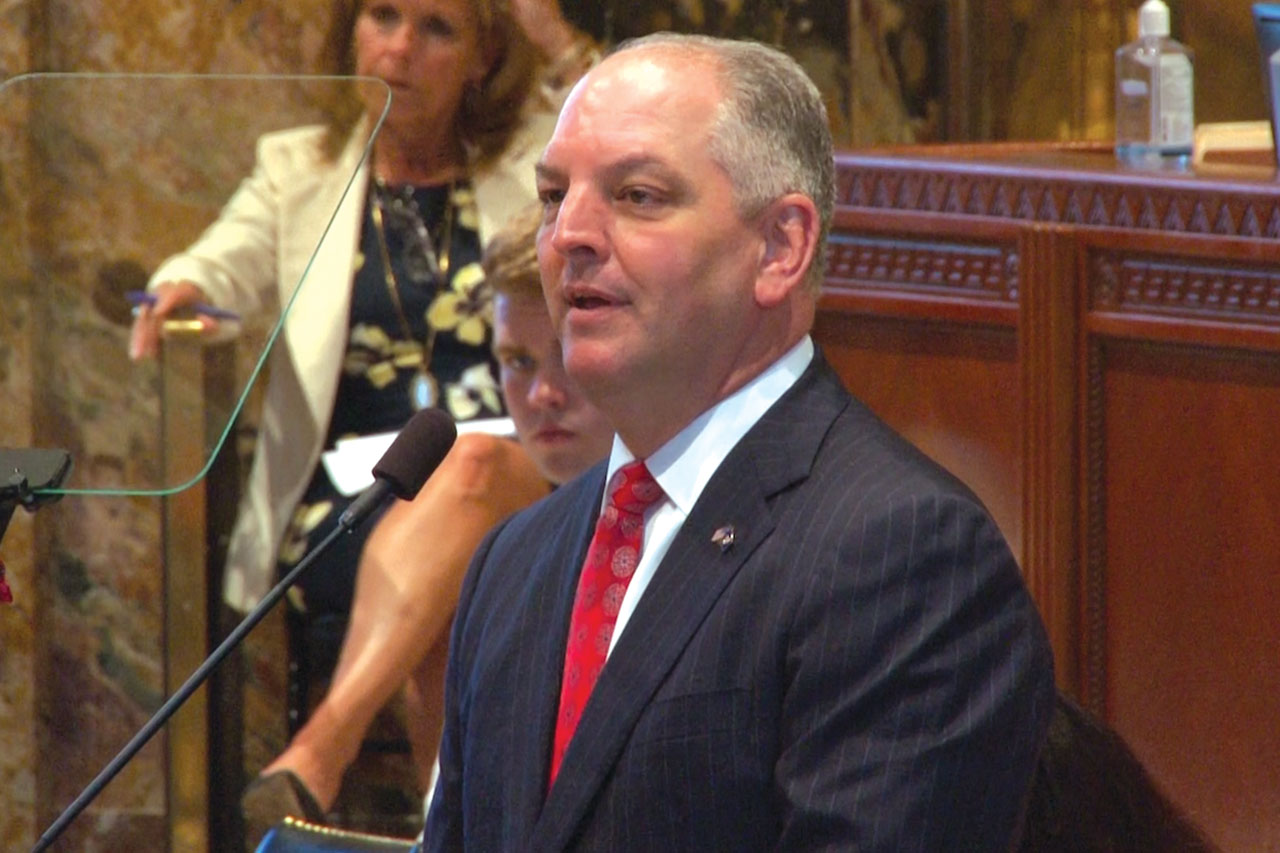
Crowded Sheriff’s Race Kicks Off Early
April 15, 2019
New Session Begins on a High Note
April 15, 2019It’s no secret. United State President Donald Trump wants the price of oil lower.
He’s tweeted his opinion on the topic several times — at least six times since the start of 2019.
At press conferences and campaign rallies in the past month, he’s elaborated a little on the issue, saying that he thinks cheap oil is a tax break on the American people because of the subsequent drop in the price of gas that follows.
“Cheap oil means cheap gas,” Trump said at a rally. “Cheap gas means more money in the pockets of you, the American people. I think that’s a winning formula. Don’t you?”
But oil and gas experts say this month that conditions right now on the global market are ripe for a price boom, and nothing the President can say in 280 characters on a social media platform will be able to stop the surge that’s likely coming in the coming weeks — a wave that may well already be under way.
The price of oil at press-time in mid-April was near $65/barrel — a rise of more than $7-8/barrel from levels we saw last month and a five-month peak in the up and down roller coaster we’ve seen in the past 2 years.
The reasons for the surge are complex and surround global politics. But countless oil-producing nations are struggling for various reasons right now, which are creating uncertainty about future supply — a perfect surge for the price jump we’ve seen.
“The conditions have been in line with a rise and we’ve seen it happen,” said Hussein Sayed, a futures brokerage strategist at FXTM — an expert in oil and gas long-range outlooks. “Oil-producing nations have been in a rut and in some cases, it’s a rut we’re not sure some will recover from.”
Libya is at the center of the recent price surge.
In recent weeks, violence in the country has escalated — significantly impacting the nation’s economy and oil and gas program, which was starting to get quickly organized.
“The violence in Libya is captivating the market,” John Kilduff, an oil and gas pricing strategist told CNBC on April 8. “There is a sense that losing the Libyan oil, again, has the makings of a supply crunch.”
The problems in Libya, combined with the continued collapse of the economy in Venezuela and the United States’ sanctions on Iran have tested some of the big global players in oil and gas.
This is significant because their oil is coming off the market right as OPEC is holding firm on its commitment to cut supply.
OPEC reached a deal earlier in the year to remove 1.2 million barrels per day from global supply — a move done to try and artificially raise prices after bottoming out to start 2019.
So far, OPEC has held true to that deal, which, combined with the uncertainty surrounding Libya, Venezuela and Iran, has caused great doubt and the belief in some buyers that there is more supply than there is oil, thus lifting the price.
America does have some control over the future, though.
One reason why buyers think there is more demand than supply is because of a United States jobs report released in early April, which showed that the U.S. economy is in great standing with low-unemployment levels and high optimism.
In those conditions, citizens make more money, which amounts to greater luxuries — and usually more oil used per person.
Trump, himself, also can impact the situation.
In recent months, he’s given countries special exemptions to use Iranian oil without the fear of economic sanctions.
In the coming months, those exceptions will expire. If not renewed, the Iranian oil field would take a huge hit, which experts say, would shoot the price up significantly.
“We don’t expect the president to let those exceptions go without renewal,” Sayed said. “He wants as much control over the market as he can and doing that would take everything out of his hands.”
WHY IS ANY OF THIS IMPORTANT?
Why do we, in Houma-Thibodaux care what happens in Libya, Venezuela and Iran?
Why does the price of oil even matter to us?
Well, that’s complex, but we can try to simply it to the non-expert reader.
Simply put — our economy is dominated by the oil and gas industry, specifically deepwater oil and gas drilling.
But deepwater drilling is expensive, so when the price of oil is low, profit margins shrink and companies slow their efforts to extract oil from the Gulf because it’s not worth their while.
This hurts oil employees, supply companies, grocers and literally every, single facet of our local economy.
When the price of oil is higher, companies can make far more profit with deepwater drilling, so they, of course, attempt to do more of it.
This puts our local men and women to work and the cash they make feed everything around our area.
“Your area is 100 percent driven by the oil pulled out of the surface of the Gulf of Mexico,” well-known economist Dr. Loren Scott said. “The old saying is, ‘Is it the chicken that comes first or is it the egg?’ With your area, oil and gas is both the chicken and the egg.”
Chett Chiasson, the Executive Director at Port Fourchon said $60/barrel oil is sustainable, but levels in the $70/barrel and $80/barrel range are ideal.
Of course, the pipe dream is $100-110/barrel oil like we’ve seen a couple times in the past 20 years.
When that happens, sure, gasoline is expensive. But locals make it back in their places of business. •












